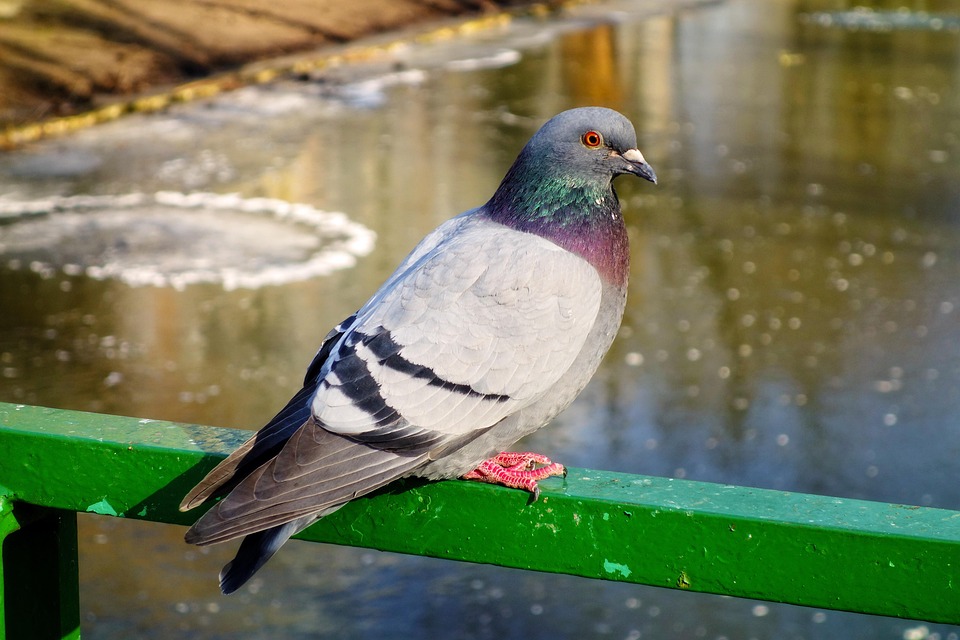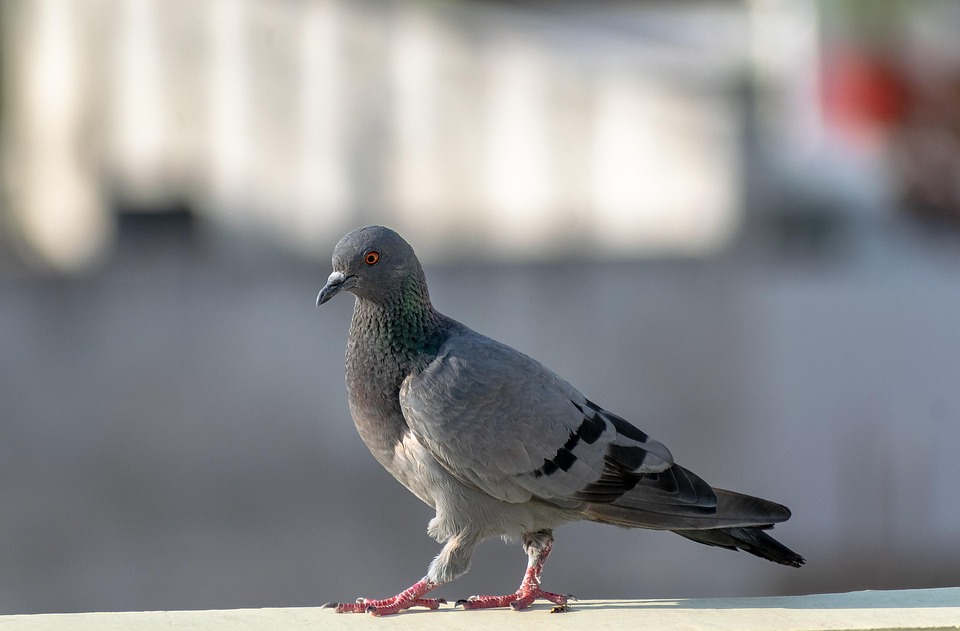Columbidae (/kəˈlʌmbɪdiː/) is a bird family comprising of pigeons and pigeons. It is the solitary family at the request of Columbiformes. These are heavy-bodied birds with short necks, and short thin bills that in certain species include meaty ceres. They principally feed on seeds, natural products, and plants. The family happens around the world, however, the best assortment is in the Indomalayan and Australasian domains.
The family contains 344 species isolated into 50 genera. Thirteen of the species are terminated.
In English, the more modest species will in general be designated "birds" and the bigger ones "pigeons". Be that as it may, the differentiation isn't consistent, and doesn't exist in most different dialects. Truly, the normal names for these birds include a lot of variety between the terms. The bird most usually alluded to as "pigeon" is the homegrown pigeon, which is normal in numerous urban areas as the wild pigeon.
Pigeon is a French word that gets from the Latin pipes, for a "peeping" chick, while dove is an at last Germanic word that alludes to the bird's plunging flight. The English provincial word culver seems to get from Latin Columba. A gathering of birds is known as a "dual", taken from the French word deuil ('grieving').
Birds and pigeons construct moderately feeble homes, regularly utilizing sticks and other flotsam and jetsam, which might be put on parts of trees, on edges, or on the ground, contingent upon species. They lay one or (normally) two white eggs all at once, and the two guardians care for the youthful, which leave the home following 25–32 days. Unfledged child birds and pigeons are called squabs and are by and large ready to fly by 5 weeks old enough. These youngsters, with their juvenile squeaking voices, are called squeakers whenever they are weaned or weaning. In contrast to most birds, both genders of pigeons and pigeons produce "crop milk" to take care of to their young, discharged by sloughing of liquid-filled cells from the covering of the yield.



Comments
Post a Comment